Natural DHEA for Ovarian Protection and Improved Fertility
Main Ingredients: Chinese yam, rose, cranberry, chrysanthemum, garlic, soybean, barley grass, pine pollen, sesame pollen, tomato, grape, pomegranate, goji berry, jujube, carrot, fir cherry fruit, shiitake mushroom, yeast powder, edamame, broccoli, malt, spinach, black sesame, fig, oats, seaweed, brown rice, shrimp shell powder, walnut kernel, asparagus, citrus, xylitol.
Product Specifications: 60 tablets
Storage Method: Store in a cool, dry place. Refrigerate after opening.
Suitable for:
- Individuals looking to delay aging.
- Women with declining ovarian function.
- Those undergoing in vitro fertilization (IVF) seeking to increase the chances of conception.
- Individuals experiencing sexual disharmony.
Product Features:
- Natural DHEA derived from Chinese yam: Safe, with no side effects. DHEA can bi-directionally regulate hormone secretion in women, balancing the levels of both androgens and estrogens. It improves the ovarian microenvironment in infertile women, rejuvenating ovarian function, and subsequently enhancing egg and embryo quality. This scientifically and effectively increases pregnancy rates and reduces miscarriage rates.
- Synergy with natural vitamin C from fir cherry fruit: The natural vitamin C in fir cherry fruit, found in the complex ingredients, works synergistically with the DHEA in Chinese yam, enhancing the overall effect.
- Time-release formula: This unique time-release formula has been proven to be highly beneficial for women in maintaining overall good health.
Nutritional Knowledge: Chinese yam, also known as Shan Yao, is the root and rhizome of Dioscorea opposita or Dioscorea batatas. It contains abundant DHEA, Dioscin, Dioscoretin, Diosgenin, hydroxybenzyl alcohol, and other substances.
DHEA, commonly known as the “hormone of youth,” chemically referred to as Dehydroepiandrosterone (DHEA), is actually a type of androgen. It is an intermediate in the production of steroid hormones and has anti-aging and protein anabolic effects. DHEA is an intermediate in the production of steroid hormones and has anti-aging and protein anabolic effects.
The adrenal cortex begins to secrete DHEA from birth, but it remains at low levels before the age of 7. Afterward, it is secreted in large quantities, reaching its peak between 15 and 25 years old. After the age of 30, it gradually decreases, decreasing by about 20% every 10 years. By the age of 80, DHEA secretion is only 10-20% of the peak in youth, and at 85, it is only 5-10%. Research has found that males reach their peak DHEA secretion at 20-25 years old, and females at 16-21 years old. This process can continue until around 30 years old. Afterward, as we age, the amount of DHEA in our bodies decreases. This is the fundamental reason for endocrine imbalance, disharmonious secretion of sex hormones, reduced sexual performance, and even aging in the human body. Therefore, supplementing DHEA has become the most important “supplement” for humans after the “innate choice” at birth. Especially for women, the secretion of DHEA decreases with age. If an older patient has low sex hormones and poor ovarian function, considering DHEA supplementation is advisable.
Main Functions of DHEA:
- Delays aging and maintains youthful vitality.
- Enhances physical fitness, improves mood and sleep, and increases memory.
- Improves sexual function and libido.
- Regulates the immune system, enhances immunity.
- Protects the ovaries and increases the success rate of conception.
In recent years, studies have found that androgens can enhance the expression of follicle-stimulating hormone (FSH) receptors in the ovaries, increase the sensitivity of granulosa cells in the ovaries to FSH, increase the number of eggs collected, improve embryo quality, and thus increase the chances of assisted reproduction in women. DHEA is the best active ingredient for this research. As a multifunctional “hormone buffer,” DHEA can bi-directionally regulate hormone secretion in women, balance the levels of androgens and estrogens in the body, improve the ovarian microenvironment in infertile women, rejuvenate ovarian function, and subsequently enhance egg and embryo quality. This scientifically and effectively increases pregnancy rates and reduces miscarriage rates. Among various causes of infertility, ovulatory disorders account for 25%, and whether ovulation can be successfully induced is the key to correcting this disorder. DHEA can induce ovulation and increase the success rate of conception. Furthermore, a reduced number of recruitable follicles in the ovaries and a decline in follicular cell quality can lead to reduced female fertility and hormone deficiency. Clinical studies have shown that DHEA can increase the ovulation rate and improve the pregnancy rate.
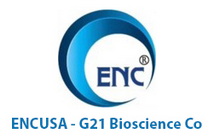


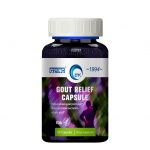
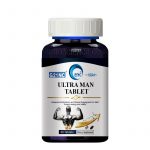
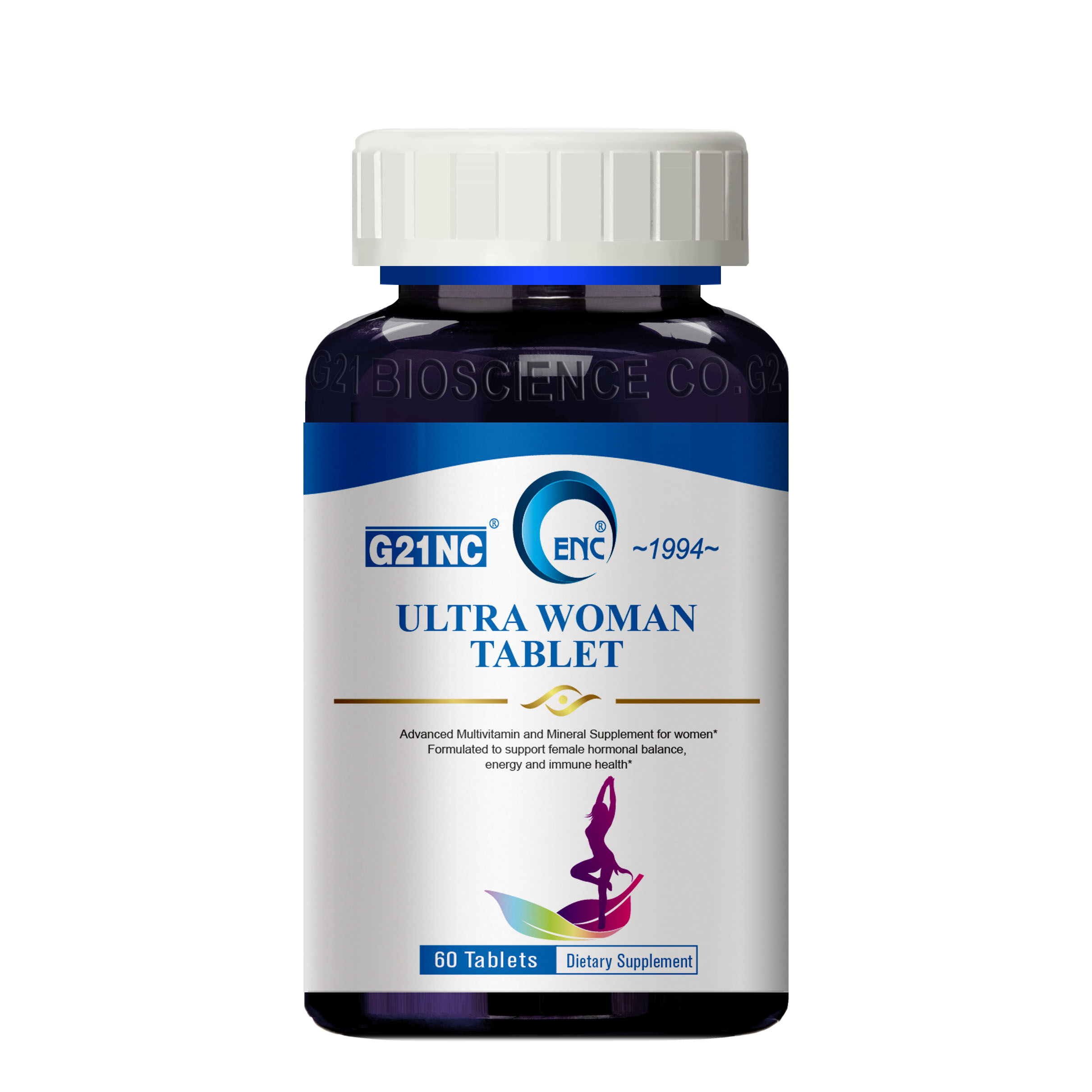
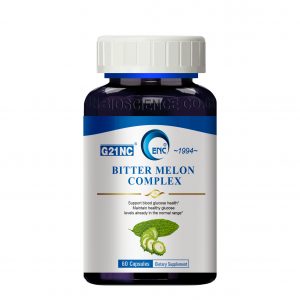
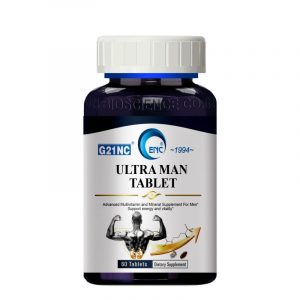
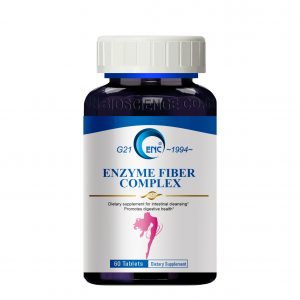
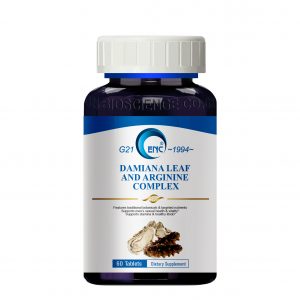
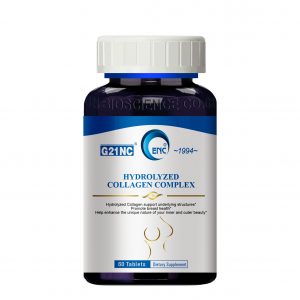
Reviews
There are no reviews yet.